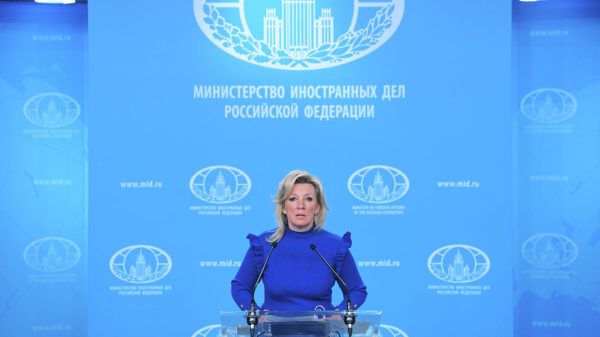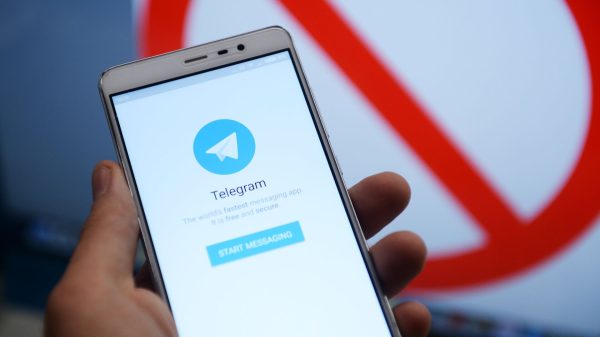Signal is an encrypted messaging app that claims to be more private than WhatsApp and Facebook
Credit: GETTY IMAGES
Encrypted messaging app Signal is no longer available in China with users in the country unable to send and receive messages on the platform.
The Signal website, one way for users to download the app for mobile or desktop use, is also now inaccessible within mainland China.
Signal was growing in popularity within China, including among human rights lawyers and dissidents, as a secure way to communicate. But increased use of the app by the Chinese public likely worried the authorities, leading government censors to block the platform.
China also recently blocked Clubhouse, an invitation-only audio chat platform, after Chinese joined global discussions on a number of topics deemed sensitive by the authorities, such as human rights abuses in Xinjiang and pro-democracy protests in Hong Kong.
Chinese government censors – dubbed the ‘Great Firewall’ – tightly control news and information in mainland China. Foreign news websites including the New York Times, messaging apps like WhatsApp, and social media sites such as Twitter and Facebook are already all blocked in China.
Chinese state surveillance was able to identify and punish Wuhan whistleblower Dr Li Wenliang for alerting colleagues to a coronavirus in 2019
Credit: GETTY IMAGES
Google and all its related services, such as Drive and Gmail, are also blocked in China.
Blocking foreign websites, apps and programs forces users back to Chinese platforms – state news outlets and social media platforms like WeChat, all of which are monitored by Chinese authorities.
This kind of surveillance is how Chinese police were able to identify and punish late Wuhan whistleblower Dr Li Wenliang for alerting colleagues to a coronavirus circulating in late 2019.
Chinese censors also routinely delete online content deemed ‘sensitive,’ such as complaints about the government’s handling of the coronavirus pandemic.
Tech-savvy users in China can use virtual private networks (VPNs) to circumvent government censors to use these platforms and access censored content. But Chinese authorities are increasingly cracking down on the use of VPNs, which are illegal in the country.
People have been arrested and slapped with multi-year sentences for using VPNs. Only Chinese state-approved VPNs are allowed, which likely still exposes users to surveillance.
Chinese government officials and state media outlets often scale the ‘Great Firewall’ likely with the help of VPNs to post on Twitter and Facebook.
China has scored the lowest for six consecutive years according to an annual ranking of internet freedom by the US-based NGO Freedom House, falling behind Iran, Syria and Cuba.
Signal did not immediately respond to a request for comment.



















































Свежие комментарии